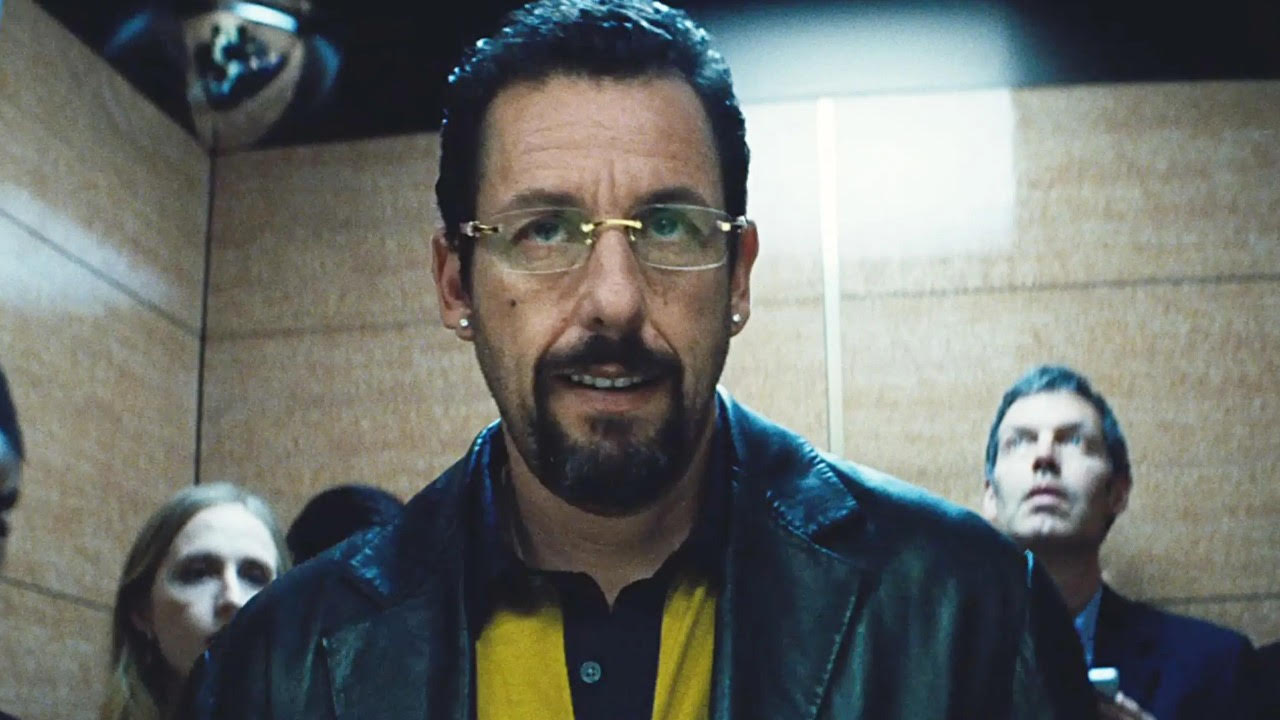On a recent sunny Sunday, residents of San Francisco’s Noe Valley gathered to celebrate the opening of a toilet. But not just any toilet. This was the nation’s most infamous public toilet.
In 2022, my colleague Heather Knight, then at The San Francisco Chronicle, noticed the projected price tag on the commode: $1.7 million, which Assemblyman Matt Haney had secured from the state. This was business as usual in San Francisco. Other public toilets had cost about the same. Local officials were planning a celebration. But Knight’s article set off a furor. Gov. Gavin Newsom clawed back the money. The party was canceled. Haney denounced the project he had made possible: “The cost is insane. The process is insane. The amount of time it takes is insane.” He wanted answers.
Phil Ginsburg, the general manager of San Francisco’s Recreation and Parks Department, responded with a letter that is a masterpiece of coiled bureaucratic fury. He told Haney that the department had been “pleasantly surprised” by the “unexpected allocation” of $1.7 million for the Noe bathroom. “Until now,” Ginsburg wrote, “we have not received any questions from you on the estimate.”
But Ginsburg was happy to walk Haney through the numbers and describe how Haney, as a former member of San Francisco’s powerful Board of Supervisors and a current member of the State Legislature, bore responsibility for them. “As you will see, the process is indeed long and expensive,” he noted. “It is also the result of many years of political choices and exacerbated by skyrocketing costs.”
There’s the planning and design phase, which requires bringing the design for the public toilet to “community engagement stakeholders” and refining it based on their feedback. That typically takes three to six months. Then the Public Works Department can solicit bids from outside contractors. That takes six months. Construction takes four to six months more, depending on whether a prefab toilet is used or one is constructed on site. The toilet also needed approval from the Department of Public Works, the Planning Department, the Department of Building Inspection, the Arts Commission, the Public Utilities Commission, the Mayor’s Office on Disability and PG&E, the local electric utility.
“I share your frustration and concern over the length and costs associated with public construction processes,” Ginsburg wrote. “As an elected official, I hope you will advocate for policy changes at the state and local level to make it easier to move small projects like this one.”
He offered some suggestions: The building code could be rewritten to make it easier to purchase and install prefabricated structures (“Under the terms of a project labor agreement approved by the Board of Supervisors during your tenure, we are restricted from using off-site modular construction for any project using bond funds in excess of $1 million,” he acidly noted). The Board of Supervisors could eliminate multiagency approvals for small projects. It could streamline the bidding process. It could lift the boycott it had placed on doing business with 30 other states on account of their laws on reproductive, voting and L.G.B.T.Q. rights.
Now the press and the public were watching. It turned out Ginsburg was right: Different choices could be made and those choices could save money. The city now estimates that the Noe toilet cost only around $200,000. Somehow this is yet more maddening. If San Francisco can install public toilets for $200,000, why doesn’t it do so normally?
In this case, the low price misleads. Vaughan Buckley, the chief executive of Pennsylvania’s Volumetric Building Companies, saw an opportunity to dramatize the high cost of building around the country and the ways modular structures can cut those costs. He brought in his friend Chad Kaufman, chief executive of the Public Restroom Company in Nevada, to donate a modular toilet and Buckley provided the engineering and labor to install it.
Even so, the timeline galls. The restroom — which cost around $120,000 — was already built. The installation — which Buckley estimates at around $140,000 — took a week and a half. The back-and-forth on procurement, logistics, permitting — not to mention whether San Francisco would even accept a donation from Nevada, one of the states it was boycotting — took about a year. “It should not take a year to have an already built toilet put in the ground,” Buckley told me.
Perhaps San Francisco is changing. Last April, the Board of Supervisors voted 7 to 4 to repeal the boycott on politically wayward states. “It’s not achieving the goal we want to achieve,” Supervisor Rafael Mandelman admitted.
Mayor London Breed proposed reforms meant to make sure a debacle like the Noe toilet never happens again. They are, to my eye, modest. Breed would allow city agencies to band together when purchasing construction services and goods for projects under $5 million and remove the Arts Commission review for projects under $1 million. The mayor’s office says that even this set of reforms took two years to craft. “These things take time,” her spokesman, Jeff Cretan, told the Chronicle. If coordinating among multiple agencies and interest groups is costly and time-consuming when building a single toilet, imagine what it’s like when trying to curb their power.
But it’s not just San Francisco. Buckley, the modular construction C.E.O., told me he jumped into the Noe toilet mess because he thought it a striking “metaphor” for a general problem. “It’s really easy to sling mud at S.F. and say it’s such an outlier,” he said. “But these same challenges occur throughout the country for very similar reasons and they don’t get the time of day.”
The problem, he said, is that “regulation is usually the consequence of punishment. It is there to prevent something bad from happening, not to make something good happen. To me, this is not a discussion about S.F. or Rec and Parks, who I think are doing a great job. They are by no means alone in the challenges they face.”
If these problems recur across cities and states, I asked him, is there a single solution that would solve them? “People able to stand in the way of legislation that doesn’t make sense and remove it for that reason.”
We think of adding regulation as something liberals do and removing regulation as something conservatives do. But what regulation often does is take power and discretion away from government employees who could do a far better job if they were allowed to make decisions based on goals rather than process.
I still find myself thinking about the most unusual part of Ginsburg’s letter. He included a line in bold, italicized type making clear that the problem was even worse than the public thought, even worse than Haney was suggesting: “Our restroom building costs are consistent with the inflationary pressures on all San Francisco public works projects.” He didn’t want to build this way. He wasn’t given a choice. This moment was a rare opportunity to change that, and if Breed’s proposed reforms are anything to judge by, it’s not going to change it by much.
But plenty of other cities have the same problems. In the ones with healthy media outlets, we even know about them. For instance: If any New Yorkers are feeling smug about San Francisco’s travails, allow me to direct your attention to five small — and quite ugly — public toilets that sell for $185,000 each and that the city estimates could cost more than $5 million to install.








